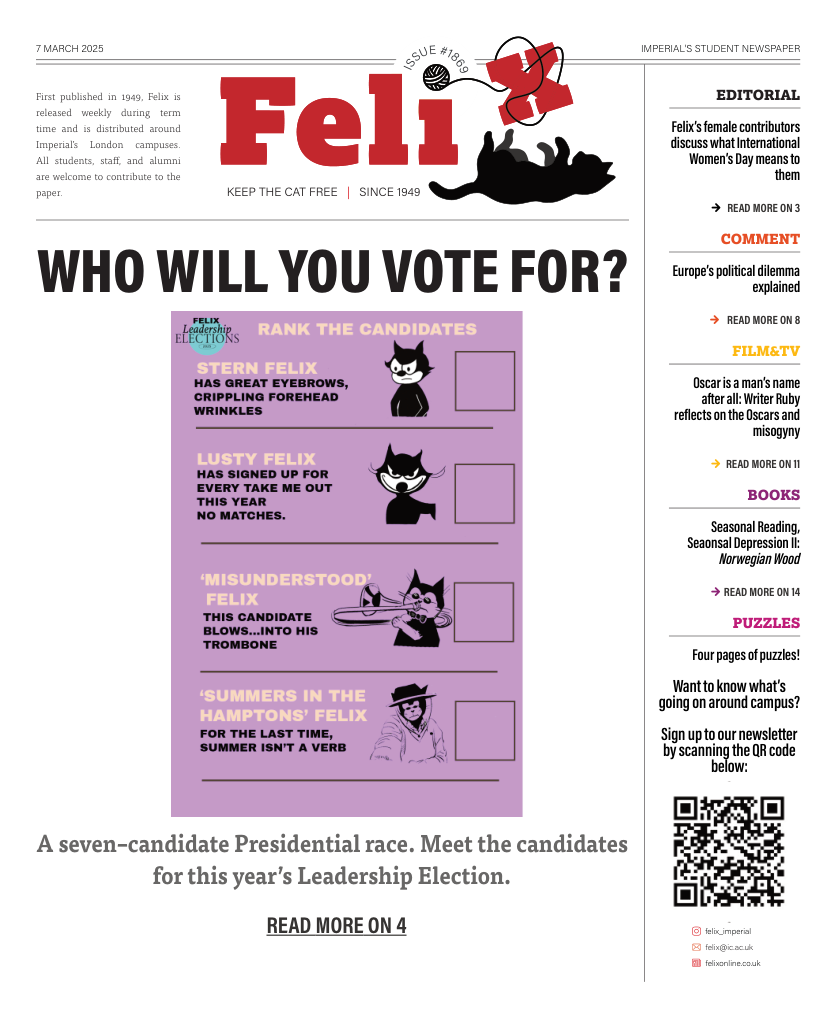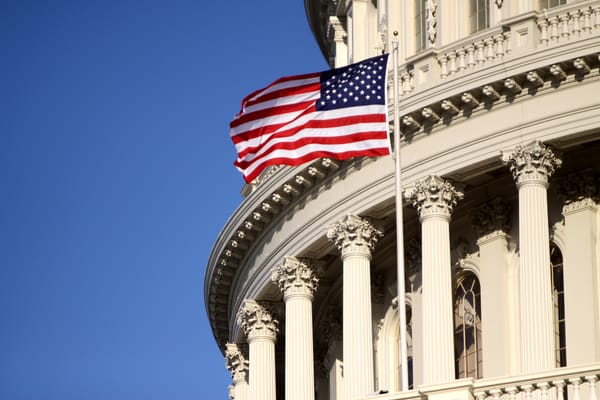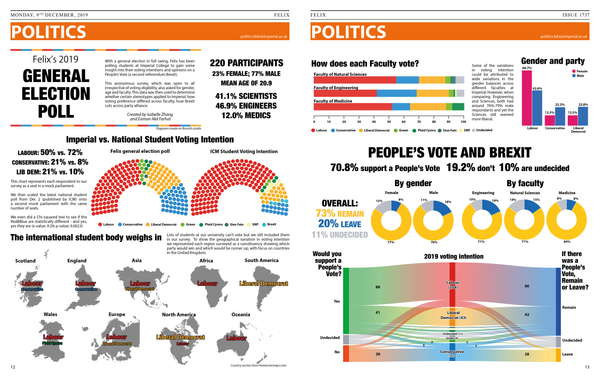Outside pressure forges diamonds
The geopolitical upheaval of Putin’s invasion of Ukraine, Trump’s betrayal of the Transatlantic Bond, and the unpredictability of a multipolar world leave Europe with all but one choice: unite or disappear.
The challenges awaiting the current and next generation of Europeans are daunting. Many Europeans are still lulled into the false sense of security and that emerged after the cold war. Under the impulse of Vladimir Putin’s War in Ukraine, Donald Trump’s second term, his suspension of aid to Ukraine, and an increasingly overconfident China, we are finally waking up. But past crises show that the conclusions our leaders are drawing are too timid, too short-sighted, too uncoordinated, and too national.
Europe’s politics, focused on national benefits, seems ever more lacklustre and underwhelming. Having 27 separate small voices won’t solve the crises of the 21st century. Europeans and our leaders need to think in European terms, give up more of our national sovereignty, and reform the European Union. The EU needs to evolve into a truly democratic parliamentary democracy, where legislation is made in Strasbourg rather than Brussels and where the European people – rather than anointed bureaucrats – are in control.
If it doesn’t, the centrifugal forces unleashed by an increasingly multipolar world, dominated by climate change and great power struggles, threaten the internal stability and democracy of Europe and drive its nations apart. A look into the continent’s recent history illustrates the need for an ambitious step.
A Short History of Crisis
The 2000’s started with a vision that the “End of History” had come, that world democracy was only a question of time, and that Europe could now finally do away with military might.
The European Union was vitalised by the Treaty of Maastricht and the adoption of the Euro. Bolstered by the belief that Europe was the beacon of a peaceful and prosperous future, the EU was significantly enlarged in Central and Eastern Europe. Relations with Russia warmed, with common investments like Nordstream 1.
In its bliss, Europe fell in a deep and complacent slumber and Europeans reverted to thinking in national terms. Hence, the attempt to formulate a unified constitution for Europe was rejected by the French and Dutch electorates in 2005 and replaced by the much less ambitious treaty of Lisbon in 2007.
But then arrived ever more urgent and frequent crises, whose fault lines wedged European nations apart. In 2008, Europe was subjected to Putin’s invasion of Georgia and the financial crash. Each nation mounted its own recovery response, showing underwhelming financial solidarity with other countries, and exposing the inability of an economic union that lacks a fiscal or political union to intervene swiftly.
Thus, in 2012, the financial crisis led onto the Eurocrisis, where austerity measures set the stingy North against the more indebted South. With it, the seeds for anti-European sentiments and populism were sown. They deepened in 2015 through the migrant crisis, as reactionaries yearned for past glorious sovereignty, blind to the short sightedness of economic nationalism.
The 2010’s marked the surge of populist and radically right-wing parties across Europe. The founding of the AfD in Germany coincided with the creeping success of Vox in Spain, the Front National in France, and PIS in Poland. The most heartbreaking consequence of this development was the 2016 Brexit referendum, which ripped a key nation from the European Union and undermined the unspoken consensus of a common European destiny. As long as Europeans fail to look beyond our national borders and collaborate properly, this worrying trend will continue.
Europe was so self-involved in its own crises that it could not react potently when Putin annexed Crimea in 2014. Instead, the Europeans chose appeasement – disguised as diplomacy and sanctions – with little effect. While Eastern European nations prudently increased defence spending, their western neighbours, primarily Germany through its Nordstream 2, recklessly deepened their reliance on Russia.
This varied response hurt Europe’s credibility in foreign policy and showed a pattern that can now be witnessed again in Europe’s uncoordinated response to the Israel-Palestine conflict or the Nagorno Karabakh crisis. The aftermath of the Minsk accords shows that Europe did not learn its lesson. European nations largely stayed complacent and idle, counting on Uncle Sam to remain their backbone in security and deterrence.
For this blindness, we are now paying a heavy price. In 2022, Putin’s most recent invasion of Ukraine violently ended decades of peace in Europe. The European Union was Europe’s answer to “Never Again” after the atrocities of the World Wars, and indeed Europe had not faced any major conflict since the collapse of Soviet Union and Yugoslavia.
In this Zeitenwende, even pacifist Germany upturned its foreign policy. For the first time since the end of the cold war, terms like “Abschreckung” and “Aufrüstung” – deterrence and rearmament – appeared across all media in a country that had sworn to “Never Again” possess military might.
As a selfish and short sighted MAGA America is denying future aid for Ukraine and threatening Europe with tariffs, this has never been more urgent.

How Trump is undermining the transatlantic relationship
Putin and Trump are now forcing Europe into a crisis that upsets its fundamental pillars of security. Trump, Vance, and MAGA America have done their best to foster in Europe the belief that the United States of America has become an unreliable, exploitative and dangerous ally.
Both Vance’s catastrophic speech at the Munich Security Conference this February and his framing of Europeans as the ones undermining their own democracy were outrageous. If anything, it is the Trump administration, its Musk lead Department of Government Efficiency, and MAGA Republicans that are meddling the foundations of their own democratic constitution.
The exclusion of Europeans and Ukraine on the talks over a peace treaty in Ukraine is another outrage. Ukraine and its European supporters deserve a say in its future. The EU has now committed more money to Ukraine than the US, and cannot let Trump cut selfish deals with Putin over its head.
On this note, the Raw Minerals Deal Trump is trying to impose on Ukraine and Volodymyr Zelensky without even giving the Ukrainians security guarantees is abhorrent. Trump, like in his first term, is sowing distrust and uses the threat of lessening US military presence in Europe as a bargaining chip.
The root of Europe’s current crisis is its historic over-reliance on the US. It is unlikely that after the second Trump term the transatlantic relationships will return to where they were before.
In its current state, Europe is still far from reaching the necessary strategic independence. Europe should never again be so exploitable to any outside power.
The EU now needs to understands itself as not just an economic, but also a military and political entity
Only by acting as one and by overcoming their national barriers can Europeans truly harness the power of their continent. The EU has already shown that through its economic unity that it can overcome Trump’s tariffs, it now needs understands itself as not just an economic, but also a military and political entity.
Selfishness, internal divisions and inefficiencies
With 27 member states and competing interests, manoeuvring Europe through these crises is challenging. On the bright side, European nations are realising that more cooperation is essential. Notable successes include the Next Generation EU fund, the coordination on vaccine procurement in the Covid Pandemic, the common Ukrainian defence assistance, and the Pact on Migration and Asylum.
However, the great promises of the single market and open borders are are incredibly fragile. From telecommunication and banks to arms and energy, every European nation has been pushing its own national champions and agendas. Notable examples are the recent German pushback on the Commerzbank takeover by the Italian Citigroup, the Nordic countries’ unwillingness to integrate their energy grid with Germany, wary of rising energy prices, or the current development of two European fighter jets spearheaded separately by Germany with France and the UK with Sweden, where one would reduce research and logistics costs.
These countries seem unwilling to take on any burden, although an integrated banking system, energy grid, and defence would lower structural costs for all.
Decision-making in the European union is inefficient, overbearing in regulation and often comes too late. The fact that the common market was never translated into the digital domain, and that Europeans have only now agreed on a digital markets and services act, shows this failure of utilising Europe’s economy of scale. It is the main reason we are losing our technological and economic edge. Our greatest firms produce goods of the last century and are small compared to the gigantic companies that are growing in the US and China.
We would all do well by reading the Draghi report and the European Commission’s Competitiveness Compass. Only with more economic and fiscal integration – such as a common capital markets union – can European nations compete with the US, China and other countries in this multipolar world.
Beyond these issues lie graver ones. Croatia, Poland, Czechia, Slovenia, Slovakia, and Romania are in a balancing act between pro- and anti-EU forces, and Hungary has succumbed to an anti-European obstacle. The EU needs to rid itself from the unanimity clause and be tougher on “illiberal democrats” like Victor Orban, who are nothing but the cronies of authoritarians.
Not only Russia and China but also Trump’s America become dangerously involved in European affairs. Divided as it is now, Europe seems more exposed to foreign meddling than ever. Russian involvement in the recent Romanian presidential elections, Musk’s support of the AfD – a party with chilling ties to China – in Germany, and China’s Belt and Road Initiative are there to stay.
Europe has come a long way, but it cannot persist in its current state. In face of this century’s challenges, European nations need to overcome their national boundaries, strengthen ties within Europe and limit strategic reliance on the United States. Never have Europeans worked together as closely as today in the European Union. Yet we risk a backslide. Europe’s common future is not guaranteed. The promise of an ever-closer union is not a self-fulfilling prophecy but an active choice that needs reemphasising time and time again.
If Europe does not walk this path, it will fade slowly and steadily away from history, sharing the fate of the Hanse before it. These cooperating cities along the North and Baltic Sea that were left out of the transatlantic trade and slowly succumbed to the warring kingdoms and absolutist nobles that ruled Europe from the sixteenth century. The European Dream needs to be instilled in every heart and mind.
We should hand sweeping powers to the European Parliament in matters of foreign affairs, defence and common fiscal and monetary policy, while retaining a federation of states. Only together we can build a more united federal Europe, overcome outside challenges and internal divisions. Trump, Putin and Xi have done no more but throw the first stone that awakens the European giant.
If you want to get involved in discussing the pressing issues of Europe at Imperial, join the Imperial European Society (https://linktr.ee/iceuro). Anyone is welcome, and we would love to see non-EU nationals getting involved as well. May Brexit be temporary!









